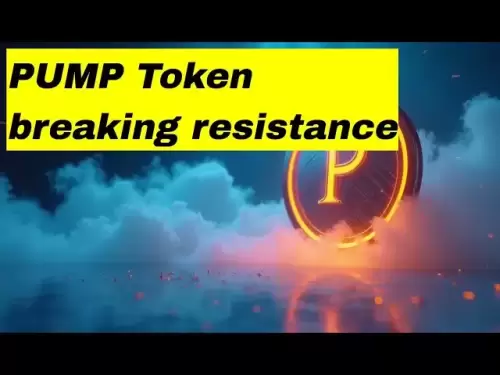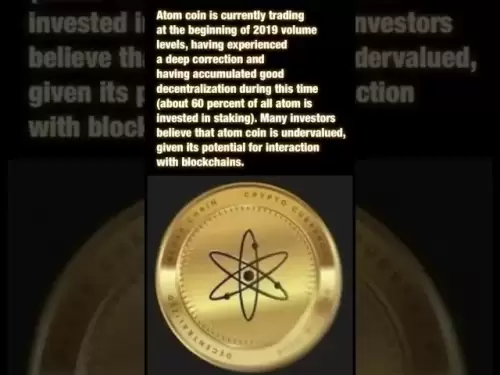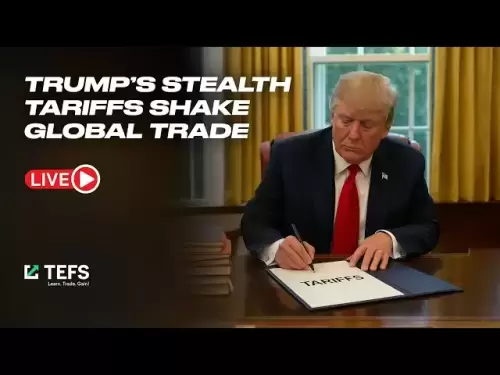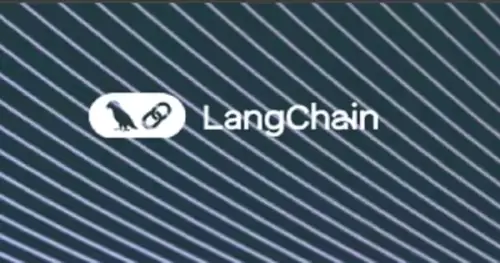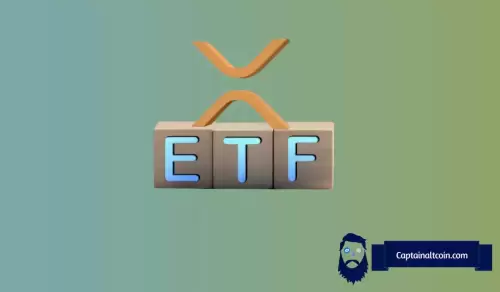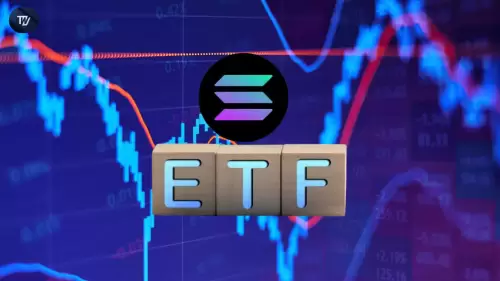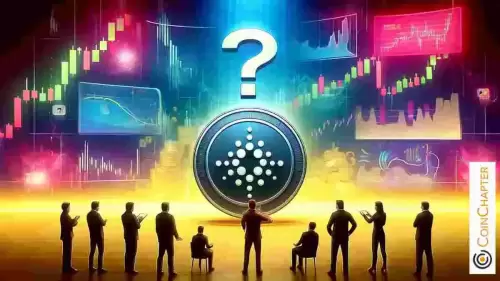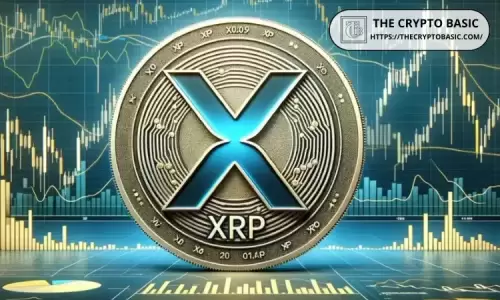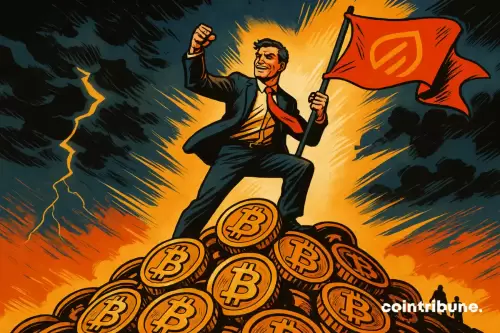 |
|
 |
|
 |
|
 |
|
 |
|
 |
|
 |
|
 |
|
 |
|
 |
|
 |
|
 |
|
 |
|
 |
|
 |
|
澳大利亚的新研究正在锌电池世界中浪潮,有望更便宜,更安全,更持久的储能。

Zinc batteries, long seen as a promising alternative to lithium-ion, are getting a serious upgrade. The buzz is all about a potential breakthrough in stability, and it could change how we store energy on a large scale.
长期以来,锌电池是锂离子的有前途的替代品,正在认真升级。嗡嗡声是稳定性的潜在突破,它可能会改变我们大规模存储能量的方式。
The Zinc Battery Comeback
锌电池复出
For years, zinc batteries have been touted as a safer, cheaper, and more sustainable option than their lithium-ion counterparts. The problem? They haven't been quite as powerful or long-lasting. But researchers in Australia may have just cracked the code, addressing what they call a “critical bottleneck” in cathode manufacturing.
多年来,锌电池一直被吹捧为比其锂离子对应物更安全,更便宜,更可持续的选择。问题?他们没有那么强大或持久。但是澳大利亚的研究人员可能只是破解了代码,解决了他们所谓的阴极制造中的“关键瓶颈”。
The Dry Electrode Revolution
干电极革命
Professor Shi-Zhang Qiao and his team at the University of Adelaide have pioneered a new dry electrode technique that could be a game-changer. Instead of the traditional wet mixing of iodine, they're mixing active materials as dry powders and rolling them into thick, self-supporting electrodes. Think of it like making a super-dense, power-packed pancake.
Shi-Zhang Qiao教授及其阿德莱德大学的团队开创了一种新的干电极技术,可能会改变游戏规则。它们不是传统的碘混合,而是将活性材料混合为干粉,并将其滚成浓稠的自支撑电极。可以想象它像制作超密集的,动力饱满的煎饼。
And here's the kicker: they're adding a dash of 1,3,5-trioxane to the electrolyte. This turns into a flexible protective film on the zinc surface during charging, preventing those pesky dendrites from forming and shorting the battery. It's like giving the zinc anode a tiny bodyguard.
这是踢球者:他们在电解液中添加了1,3,5-三氧烷的仪表。在充电过程中,这变成了锌表面上的柔性保护膜,从而阻止了那些讨厌的树突形成和短路电池。这就像给锌阳极一个小的保镖。
Why This Matters
为什么这很重要
This new technique allows for a record-high loading of active material – a whopping 100mg per cm2, compared to the wet-processed electrodes which typically top out below 2mg. Plus, these dense, dry electrodes reduce iodine leakage, further boosting performance. The result? Pouch cells retained 88.6% of their capacity after 750 cycles, and coin cells kept nearly 99.8% after 500 cycles.
这项新技术允许具有创纪录的活性材料加载 - 与通常在2mg以下的湿处理电极相比,每CM2高达100mg。另外,这些致密的干电极会减少碘泄漏,进一步提高性能。结果?袋细胞在750个周期后保留了其容量的88.6%,在500个周期后,硬币细胞保持近99.8%。
The Future of Energy Storage
储能的未来
Professor Qiao believes this technology could benefit energy storage providers, especially for renewable integration and grid balancing. Industries needing large, stable energy banks, like utilities and microgrids, could be early adopters. They're even exploring reel-to-reel manufacturing to scale up production.
Qiao教授认为,这项技术可以使储能提供商受益,特别是对于可再生的整合和网格平衡。需要大型稳定能源银行(例如公用事业和微电网)的行业可能是早期采用者。他们甚至还探索卷卷到卷积制造以扩大生产。
The team is aiming to double the overall system energy density from around 45 watt-hours per kilogram (Wh/kg) to around 90 Wh/kg. While still behind lithium-ion batteries (150–250 Wh/kg), the improved stability and cost-effectiveness make zinc batteries a serious contender.
该团队的目标是将整个系统能量密度从每公斤约45瓦小时(WH/kg)增加到约90 WH/kg。虽然仍在锂离子电池(150-250 WH/kg)后面,但提高的稳定性和成本效益使锌电池成为严重的竞争者。
A Grain of Salt (and a Stablecoin Aside)
一粒盐(旁边是一个稳定的盐)
Now, before we declare lithium-ion obsolete, let's keep things in perspective. The energy density still lags behind. But the potential for cheaper, safer, and longer-lasting batteries is undeniable. It's a step in the right direction.
现在,在我们宣布锂离子过时之前,让我们保持观点。能量密度仍然落后。但是,不可否认的是,不可否认的电池便宜,更安全,更持久的电池的潜力是不可否认的。这是朝正确方向迈出的一步。
Speaking of stability, it’s not quite the same thing, but have you ever heard of stablecoins? They're the chilled-out cousins of regular cryptocurrencies, attempting to stay close to the value of something stable, like the US dollar or gold. Unlike Ethereum, which is as stable as a toddler on a trampoline, stablecoins try to keep it cool. The goal is to have digital assets without the price rollercoaster ride. Kinda like zinc batteries compared to lithium. Just remember to do your homework!
说到稳定性,这不是完全一样的事情,但是您听说过稳定的吗?它们是常规加密货币的冷淡表兄弟,试图保持接近稳定物品的价值,例如美元或黄金。与以太坊(以太坊)与蹦床上的幼儿一样稳定,Stablecoins试图保持凉爽。目的是让数字资产无需过山车。与锂相比,有点像锌电池。只要记住做作业!
The Bottom Line
底线
This breakthrough in zinc battery stability could be a game-changer for large-scale energy storage. Cheaper, safer, and longer-lasting batteries? Sign us up! It looks like the future of energy storage might just have a little more zinc in it. Who knew?
锌电池稳定性的突破可能是用于大规模储能的游戏改变者。更便宜,更安全,持久的电池?注册!似乎储能的未来可能只有更多的锌。谁知道?
免责声明:info@kdj.com
所提供的信息并非交易建议。根据本文提供的信息进行的任何投资,kdj.com不承担任何责任。加密货币具有高波动性,强烈建议您深入研究后,谨慎投资!
如您认为本网站上使用的内容侵犯了您的版权,请立即联系我们(info@kdj.com),我们将及时删除。
-

- 导航加密市场:比特币,交易者体验并避免噪音
- 2025-08-02 00:05:14
- 解码加密市场:比特币的影响力,交易者见解以及如何避免社交媒体陷阱以进行智能投资。
-

- 深度代理,AI任务管理和进化AI:一个新时代?
- 2025-08-02 00:04:55
- 潜入深层代理商的世界,并发现他们如何使用Claude Code和Manus等工具彻底改变AI任务管理。
-

- SPX6900,Blockdag和矿工销售:加密趋势的纽约分钟
- 2025-08-01 22:00:25
- SPX6900面临潜在的更正,Filecoin等待突破,而BlockDag的创新方法驱动了矿工的销售。
-

-

- Solana ETF动量建立:Sol会加入机构党吗?
- 2025-08-01 21:55:52
- 随着Tradfi巨头排队,Solana ETF可以解锁SOL的大量资本流入。这是Sol机构时代的开始吗?
-

-

- XRP,比特币和100万美元的梦想:加密货币现实检查
- 2025-08-01 21:51:44
- 1,000美元的XRP是否像100万美元的比特币一样疯狂?我们深入研究辩论,市值和时间表。
-

- 比特币,策略和利润:2025年骑加密波
- 2025-08-01 21:46:48
- 探索策略的比特币赌注如何导致100亿美元的利润以及对加密战略的意义。在此分析中深入研究趋势,风险和见解。
-






















